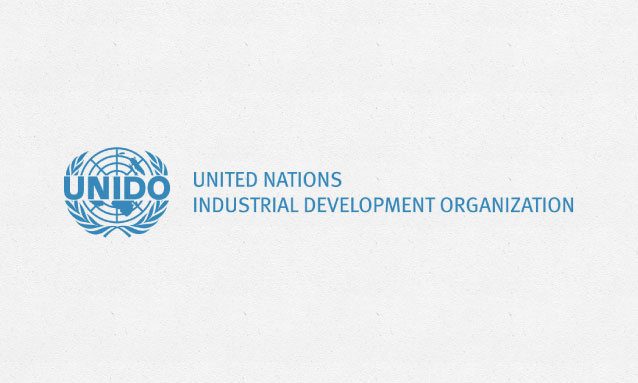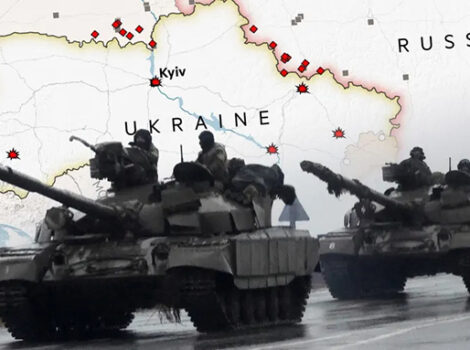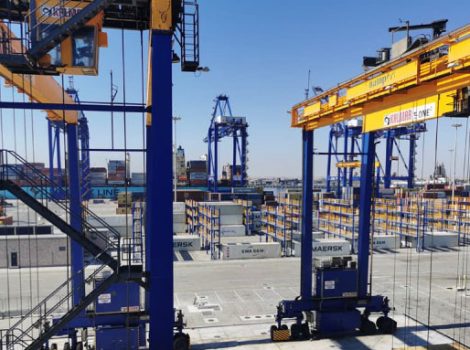
The Republic of Botswana has joined neighbours South Africa and Namibia to ratify the Kigali Amendment. This latest ratification brings to 104 the total number of countries that have signed on the dotted line. Under the Kigali Amendment to the Montreal Protocol, countries commit to cut the production and consumption of HFCs by over 80% over the next 30 years.
Until the amendment, the Montreal Protocol only controlled substances that damage the ozone layer. HFCs, however, do not impact the ozone but have high global warming potential. The extension of the treaty’s scope opens a new era for the Montreal Protocol to phase down substances with high global warming potential. In the past, as chlorofluorocarbons (CFCs) and hydrochlorofluorocarbons (HCFCs) were phased out under the Montreal Protocol, the use of HFCs greatly increased, particularly in the refrigeration and air conditioning sector. The Kigali Agreement will mean further interventions in this sector.
By phasing down the use of HFCs, the Kigali Amendment is expected to avoid an increase in atmospheric temperature of 0.5°C by the end of the century. Furthermore, it could reduce the emission of CO2 equivalents in the atmosphere by 70 billion tons by 2050. The amendment also emphasises the importance of energy efficiency.
In developing countries, demand for refrigeration and air conditioning is growing rapidly. Currently, demand encompasses over 40% of total electricity consumption, and this is expected to rise due to economic and demographic growth, urbanisation and global warming.
Worldwide, the growing demand for refrigeration and air conditioning may raise electricity usage by 80% between 2010 and 2100. HFCs can contribute to global warming through direct refrigerant leakage and indirect emissions from refrigeration equipment. Improving the energy efficiency of refrigeration systems therefore plays a key role in climate change mitigation, and represents an essential goal for future projects.
The Montreal Protocol evolves to fight climate change
Aiming to protect the climate and ozone layer, in October of 2016, during the 28th Meeting of the Parties to the Montreal Protocol on Substances that Deplete the Ozone Layer in Kigali/Rwanda, over 170 countries agreed to amend the Protocol. The Kigali Amendment seeks to phase-down hydrofluorocarbons (HFCs) by cutting their production and consumption. Given their zero impact on the depletion of the ozone layer, HFCs are currently used as replacements of hydrochlorofluorocarbons (HCFCs) and chlorofluorocarbons (CFCs), however, they are powerful greenhouse gases. With the Kigali Amendment, the Montreal Protocol will be an even more powerful instrument against global warming.
The amendment came into force on 1 January 2019, with the provision of it being ratified by at least 20 parties. The goal was to achieve over 80% reduction in HFC consumption by 2047. The amendment sought to avoid up to 0.5 °C increase in global temperature by the end of the century.
The United Nations Industrial Development Organization (UNIDO), a specialised agency of the United Nations that assists countries in economic and industrial development, was identified as being perfectly positioned to assist developing countries and countries with economy in transition to shift from HFCs to ozone-and climate-friendly alternatives and to improve energy efficiency. UNIDO specialises in the transfer to substances with low or zero global warming potential, as well as the safe management of flammable substances. It’s experienced in promoting energy efficiency and introducing low-carbon and low-emission technologies and practices.
Countries that have ratified the Kigali Amendment in date order:
- Mali 31/3/17
- Micronesia 12/5/17
- Marshall Islands 15/5/17
- Rwanda 23/5/17
- Palau 29/8/17
- Norway 6/9/17
- Comoros 16/9/17
- Chile 19/9/17
- Tuvalu 21/9/17
- North Korea 21/9/17
- Australia 27/10/17
- Canada 3/11/17
- Maldives 13/11/17
- UK 14/11/17
- Finland 14/11/17
- Germany 14/11/17
- Laos 16/11/17
- Luxembourg 16/11/17
- Slovakia 16/11/17
- Sweden 17/11/17
- Trinidad and Tobago 17/11/17
- Malawi 21/11/17
- Côte d’Ivoire 29/11/17
- Ecuador 22/1/18
- Netherlands 8/2/18
- Gabon 28/2/18
- Togo 8/3/18
- Ireland 12/3/18
- Benin 19/3/18
- Samoa 23/3/18
- France 29/3/18
- Barbados 19/4/18
- Vanuatu 20/4/18
- Niue 24/4/18
- Bulgaria 1/5/2018
- Costa Rica 23/5/18
- Grenada 29/5/18
- Belgium 4/6/2018
- Uganda 21/6/18
- Portugal 17/7/18
- Lithuania 24/7/18
- Burkina Faso 26/7/18
- Latvia 17/8/18
- Niger 29/8/18
- Senegal 31/8/18
- Uruguay 12/9/18
- Hungary 14/9/18
- Tonga 17/9/18
- Mexico 25/9/18
- European Union 27/9/18
- Estonia 27/9/18
- Czech Republic 27/9/18
- Austria 27/9/18
- Sri Lanka 28/9/18
- Panama 28/9/18
- Greece 5/10/18
- Guinea-Bissau 22/10/18
- Kiribati 26/10/18
- Paraguay 1/11/18
- Switzerland 9/11/18
- Denmark 6/12/18
- Croatia 6/12/18
- Slovenia 7/12/18
- Japan 18/12/18
- Nigeria 20/12/18
- Poland 7/1/19
- Albania 18/1/19
- Andorra 23/1/19
- Honduras 28/1/19
- Chad 26/3/19
- Montenegro 23/4/19
- Armenia 2/5/19
- Namibia 16/5/19
- Cuba 20/6/19
- Ethiopia 5/7/19
- Cyprus 22/7/19
- South Africa 1/8/19
- Ghana 2/8/18
- Peru 7/8/19
- Seychelles 20/8/19
- Cook Islands 22/8/19
- Vietnam 27/9/19
- Bhutan 27/9/19
- Mauritius 1/10/19
- New Zealand 3/10/19
- São Tomé and Príncipe 4/10/19
- Lesotho 7/10/19
- Jordan 16/10/19
- Argentina 22/11/19
- Somalia 27/11/19
- Guinea 5/12/19
- Mozambique 16/1/20
- Lebanon 5/2/20
- North Macedonia 12/3/20
- Bangladesh 8/6/20
- Sierra Leone 15/6/20
- Fiji 16/6/20
- Holy See 17/6/20
- Romania 1/7/20
- Liberia 12/7/20
- Turkmenistan 31/8/20
- Kyrgyzstan 8/9/20
- Liechtenstein 16/9/20
- Botswana 19/9/20
Sources: http://www.coolingpost.com/world-news/botswana-latest-to-ratify-kigali/ & http://www.unido.org/our-focus-safeguarding-environment-implementation-multilateral-environmental-agreements-montreal-protocol/montreal-protocol-evolves-fight-climate-change



